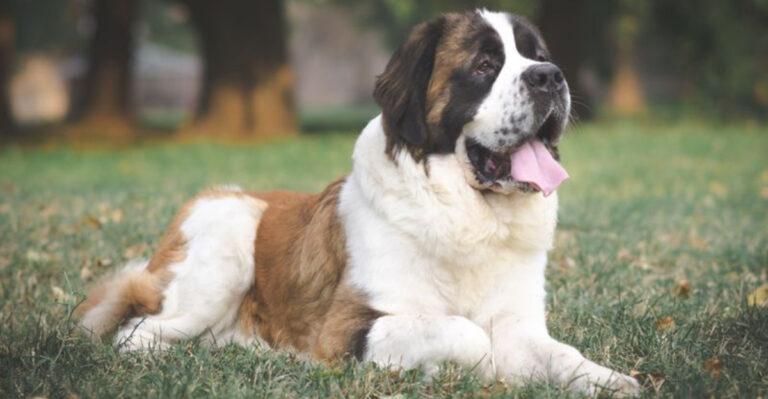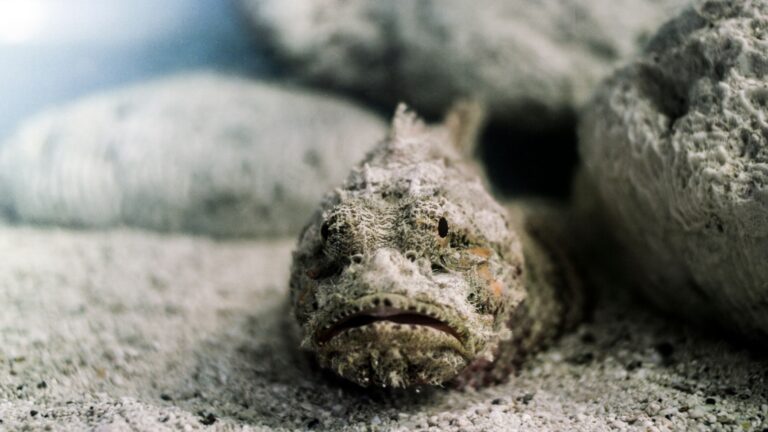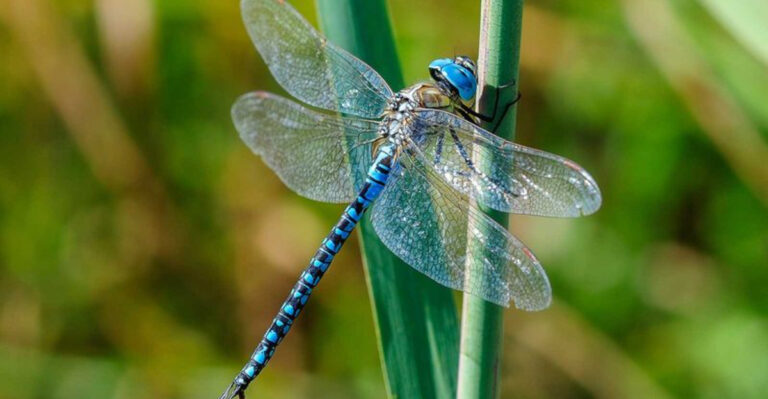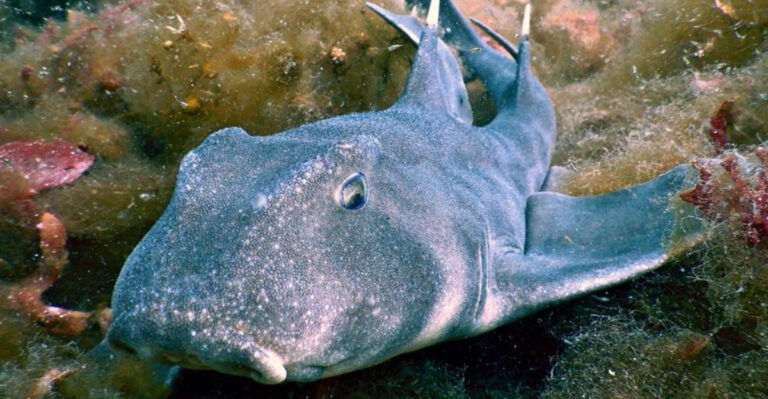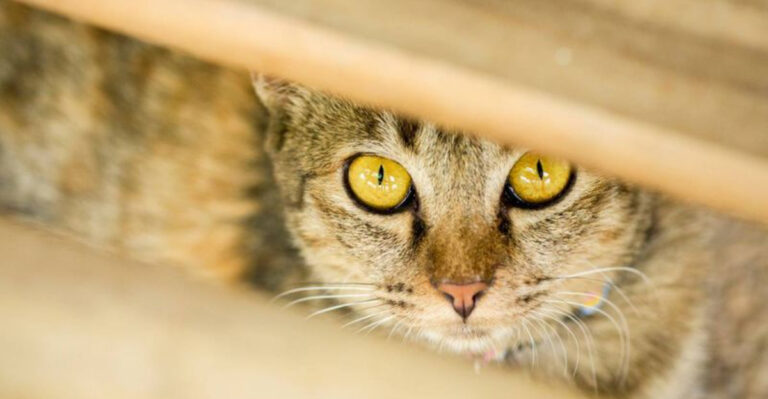14 Reasons Why You Should Never Leave Dog Poop In Your Yard
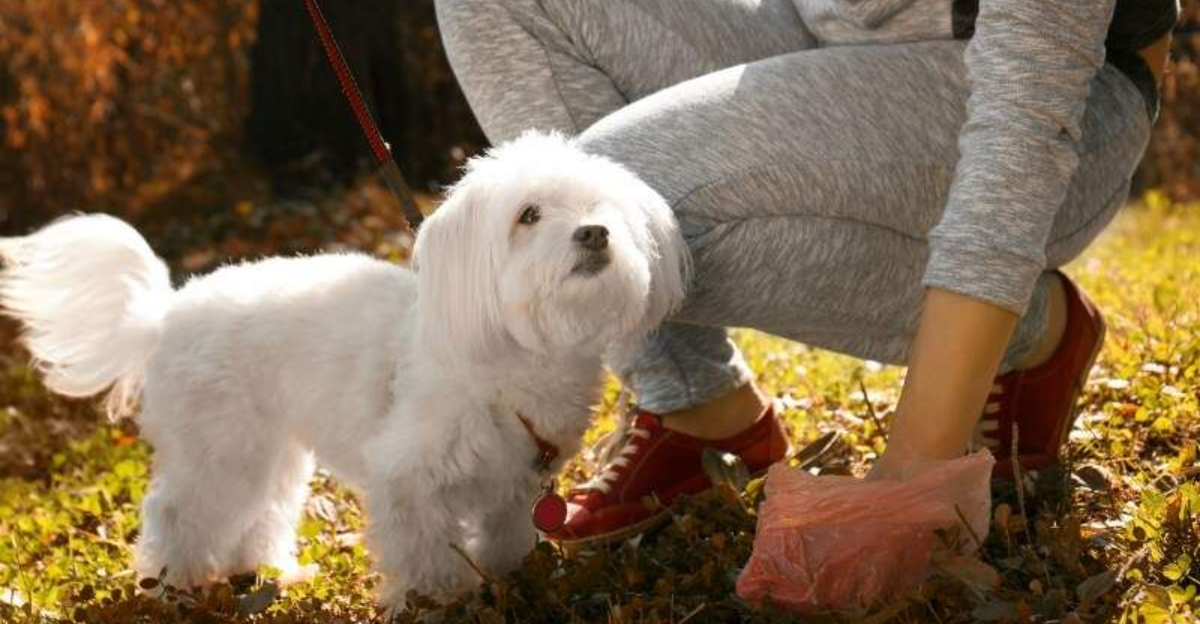
Picking up after your dog might seem like a chore, but it’s actually super important for many reasons. That pile of poop isn’t just unsightly – it’s a hidden danger lurking in your yard.
From spreading sickness to harming the environment, leaving dog waste around creates problems you probably never thought about.
1. Health Risks For Humans
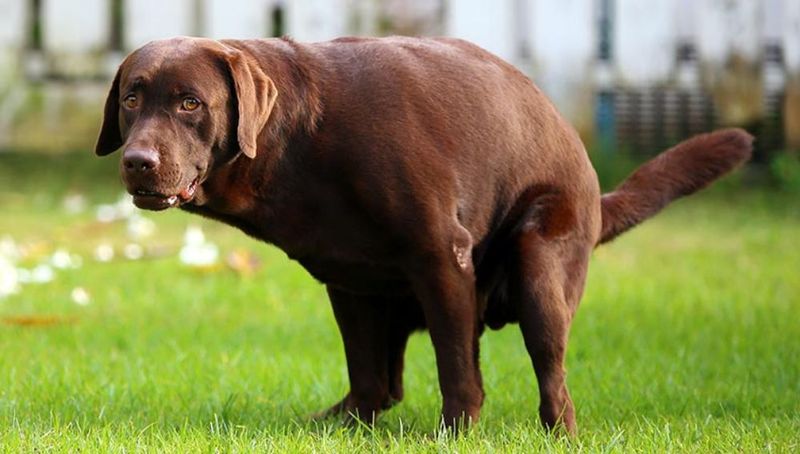
Dog poop contains nasty bacteria like E. coli and salmonella that can make people seriously sick. Children playing in the yard are especially vulnerable when they touch contaminated soil or grass.
These germs can cause stomach problems, diarrhea, and even more serious infections. Just one gram of dog waste can contain 23 million bacteria – that’s enough to make anyone ill!
2. Attracts Pests
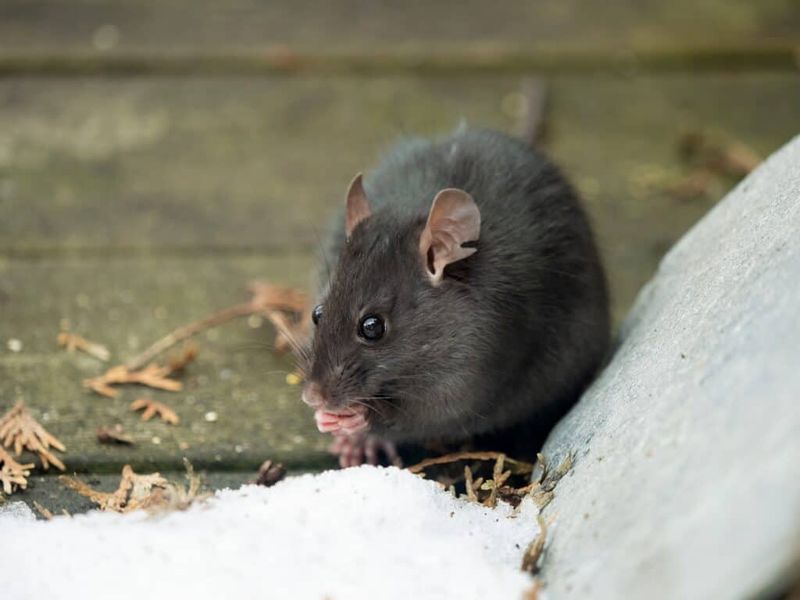
Ever notice more flies buzzing around your yard lately? Uncollected dog waste is like ringing the dinner bell for flies, rats, and other unwelcome critters.
These pests aren’t just annoying – they bring their own set of diseases. Rats particularly love dog poop as a food source and can quickly establish nests nearby, creating a much bigger problem than you started with.
3. Harmful To Local Wildlife
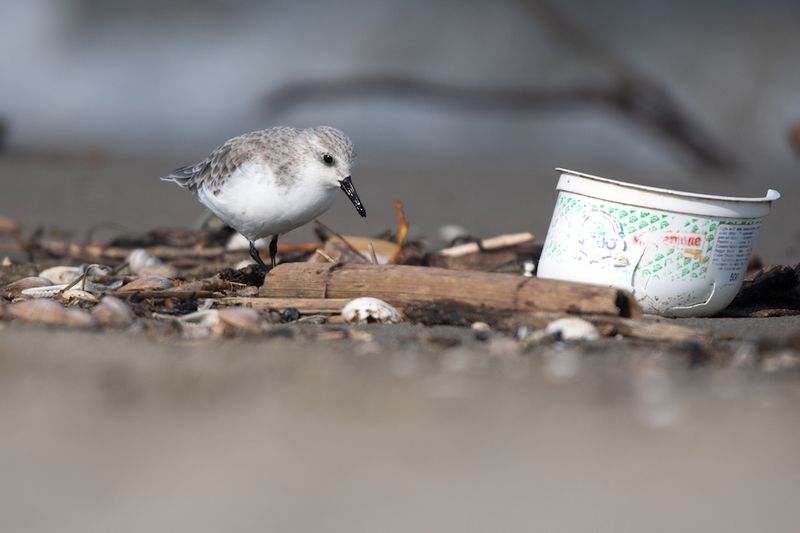
The nutrients in dog poop might seem natural, but they’re actually toxic to many local creatures. Small animals can get sick from contact with the parasites and bacteria in the waste.
When rain washes dog waste into streams or ponds, it can kill fish and other aquatic life. Even birds and squirrels can be affected when they come into contact with contaminated soil or water sources.
4. Environmental Pollution
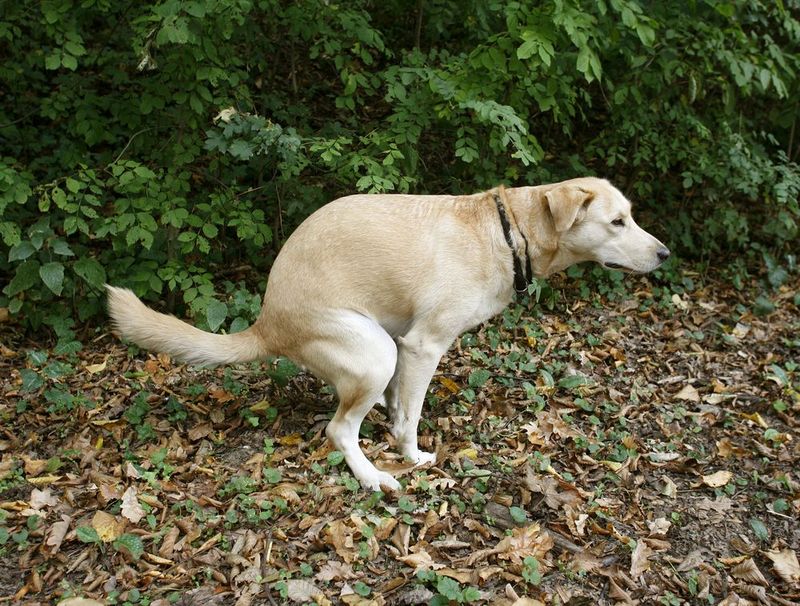
Rain doesn’t just wash away dog poop – it carries all those pollutants straight into our water systems. Unlike cow manure, dog waste isn’t suitable as fertilizer because of dogs’ high-protein diets.
The EPA actually classifies dog waste in the same category as oil spills and toxic chemicals! When it enters waterways, it depletes oxygen levels and releases ammonia, harming entire ecosystems.
5. Increases The Risk Of Parasites
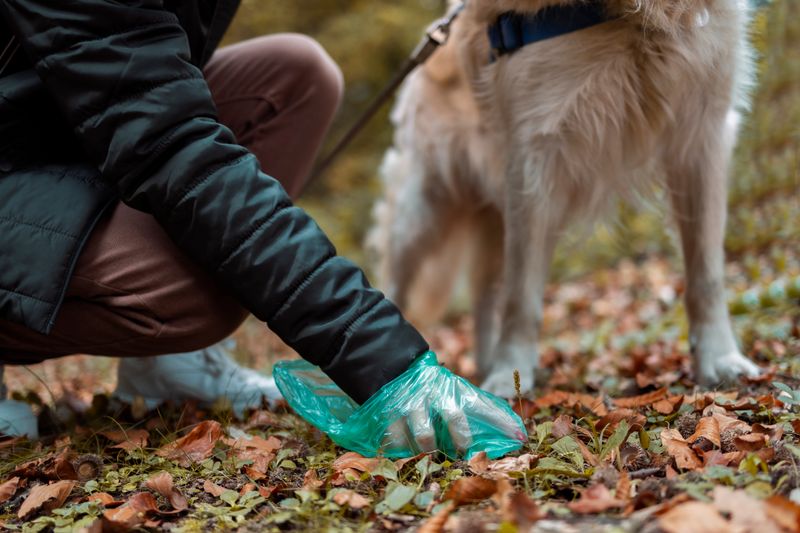
Your yard can become a parasite playground when dog poop is left behind. Hookworms, roundworms, and giardia can survive in soil for years, waiting for a new host.
Walking barefoot through your grass? Those parasites can penetrate human skin directly. Even worse, some parasites like toxocara can cause blindness in children if eggs are accidentally ingested from contaminated hands.
6. Bad For Your Grass And Plants
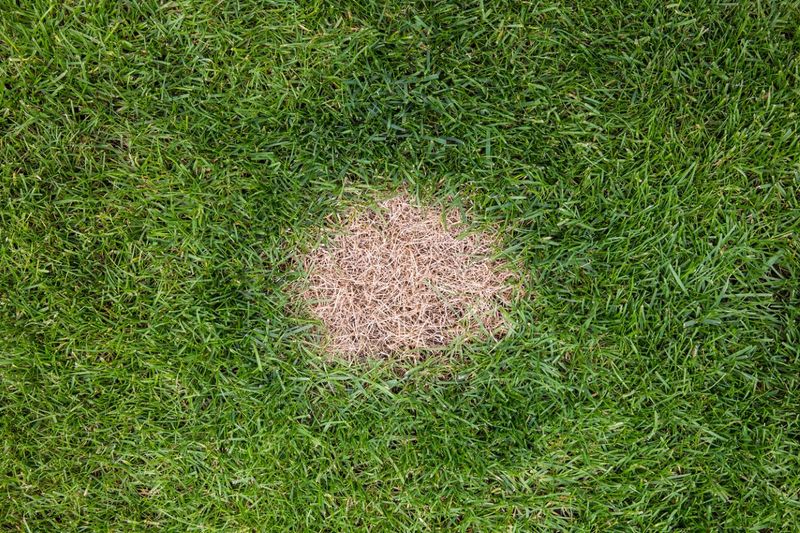
Notice those dead brown spots appearing where your dog does his business? Dog waste is not the natural fertilizer many assume it to be.
The high nitrogen concentration actually burns grass roots, creating those unsightly patches. Unlike herbivore manure, carnivore waste is highly acidic and contains harmful bacteria that damage plant life rather than nourishing it.
7. It Smells Bad
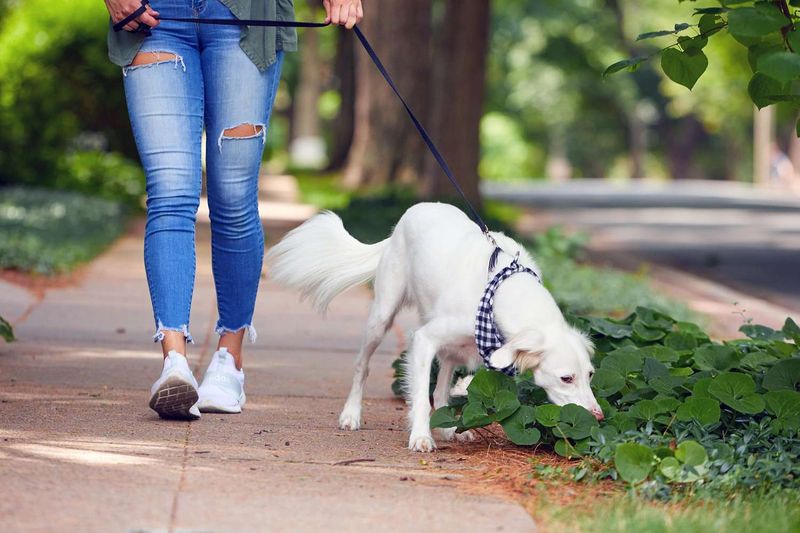
Nobody wants a stinky yard! Those unpleasant odors aren’t just annoying – they can actually contain airborne bacteria and particles that you’re breathing in.
Hot summer days make the problem much worse as heat accelerates decomposition. The smell can drift to neighbors’ properties too, causing tension and embarrassment when friends come to visit your otherwise lovely outdoor space.
8. Increases Your Risk Of Allergies

Forgotten dog waste breaks down and releases particles into the air we breathe. These microscopic bits contain allergens that trigger reactions in sensitive people.
Symptoms like sneezing, watery eyes, and breathing difficulties can plague your family. For asthma sufferers, these airborne waste particles can trigger serious attacks that might require medical attention.
9. Encourages Other Dogs To Poop In The Same Spot
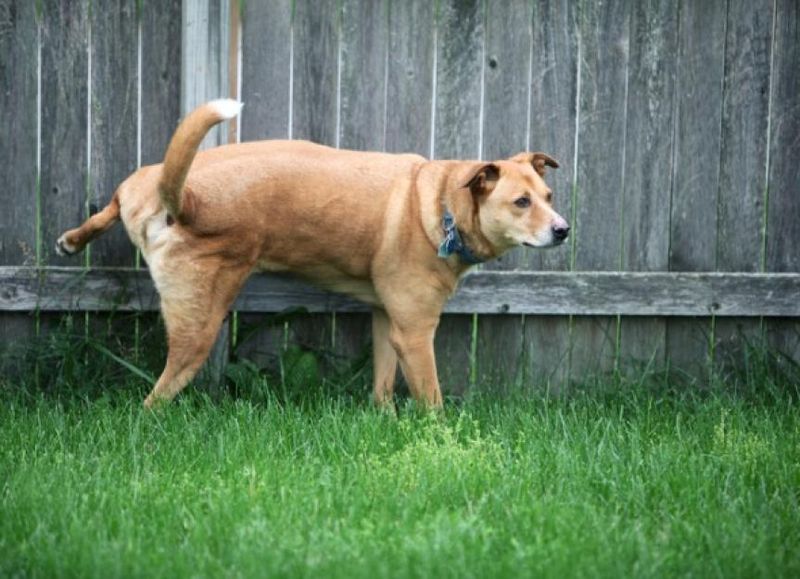
Dogs are natural territory markers. When they smell another dog’s waste, they’re instinctively drawn to add their own contribution to that spot.
Before you know it, your yard becomes the neighborhood toilet! One uncollected pile can quickly multiply as passing dogs pick up the scent. This chain reaction creates an ever-growing problem that becomes harder to manage.
10. Creates A Messy And Unappealing Yard
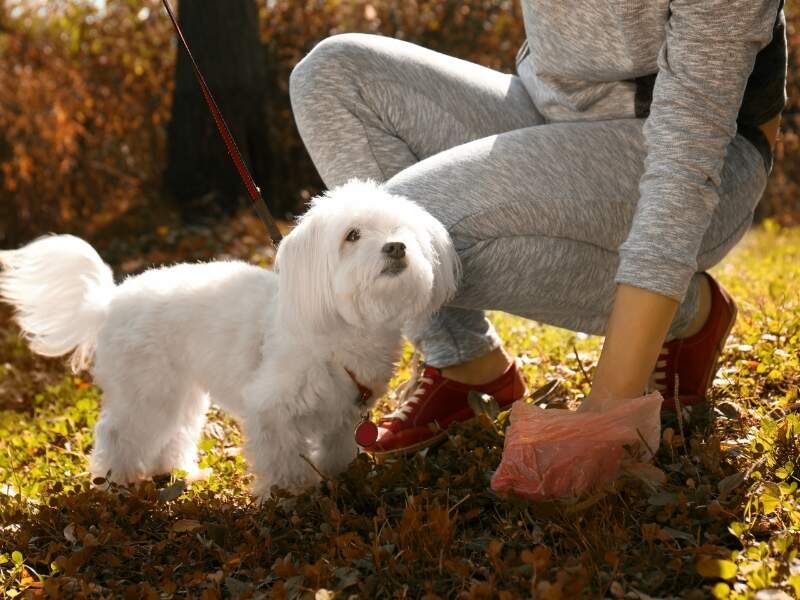
First impressions matter! A poop-dotted lawn instantly downgrades your home’s appearance and could even lower property values.
Imagine hosting a backyard barbecue where guests must dodge waste piles. Or picture your children’s friends refusing playdates at your house. The visual impact alone is reason enough to keep your yard clean and welcoming.
11. It’s A Legal And Neighborhood Issue
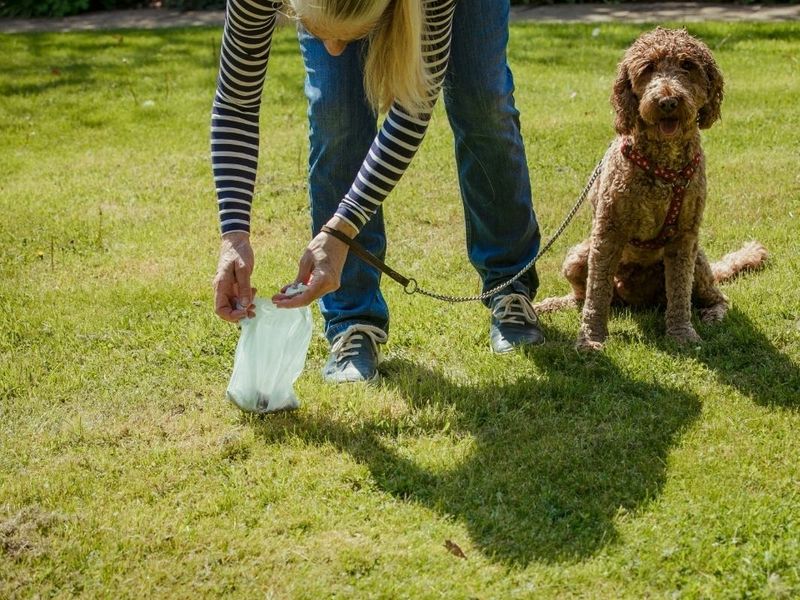
Many cities have enacted “pooper-scooper” laws with hefty fines for non-compliance. Some municipalities charge hundreds of dollars for violations!
Beyond legal concerns, it’s simply bad neighborly etiquette. Uncollected waste can wash into adjacent properties during rainstorms. Neighborhood tensions escalate quickly when people feel disrespected by a neighbor’s negligence regarding their pet’s waste.
12. Can Affect Your Dog’s Health
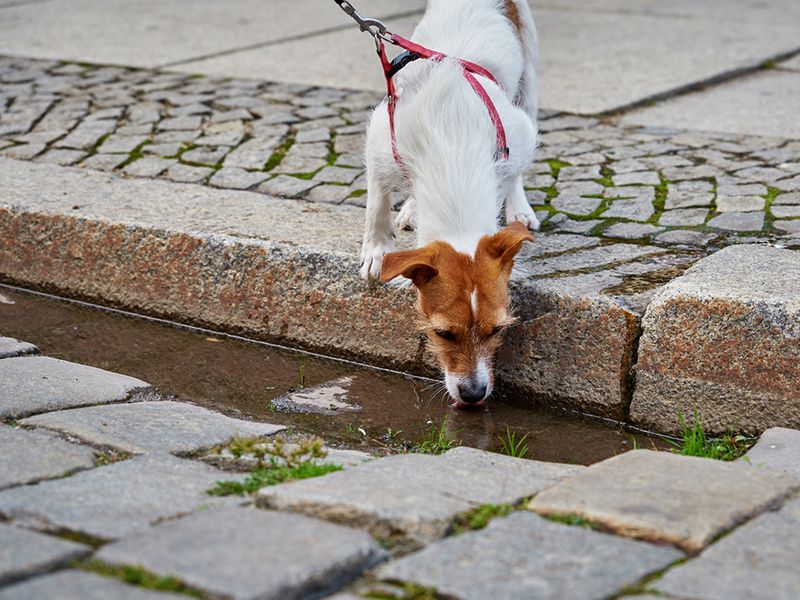
Dogs often revisit their bathroom spots and can pick up parasites from their own waste. Parvovirus, a potentially deadly disease, spreads through contact with infected feces.
Your furry friend might also walk through their waste and lick their paws later. This disgusting but common behavior creates a cycle of reinfection with parasites. Regular cleanup breaks this dangerous cycle and protects your pet’s health.
13. Prevents Proper Yard Use
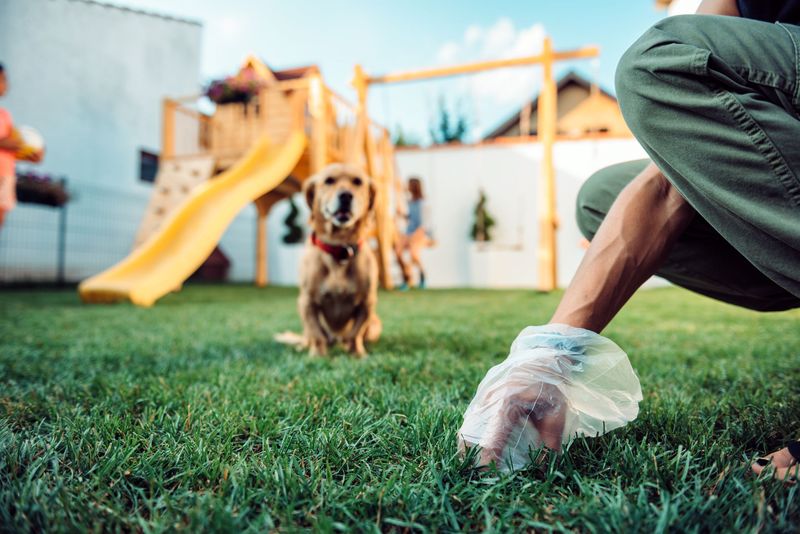
A minefield of dog waste makes your yard practically unusable for fun activities. Who wants to play catch, sunbathe, or garden while dodging poop piles?
Children especially lose out when they can’t freely explore and play in their own yard. Family gatherings move indoors instead of enjoying your outdoor space. The practical limitations waste creates drastically reduces your property’s usable square footage.
14. Promotes Unhealthy Lawn Growth
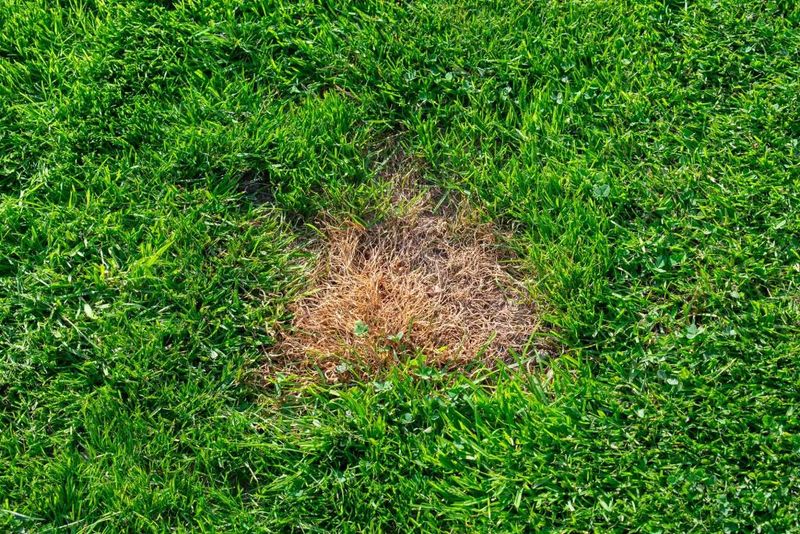
The concentrated nitrogen in dog waste doesn’t feed your lawn – it overwhelms it! Think of it like giving your grass a toxic overdose rather than a healthy meal.
This imbalance creates perfect conditions for weeds and unwanted fungi to thrive. Over time, the soil structure itself becomes damaged and compacted. Restoring a waste-damaged lawn often requires expensive treatments or complete reseeding.

